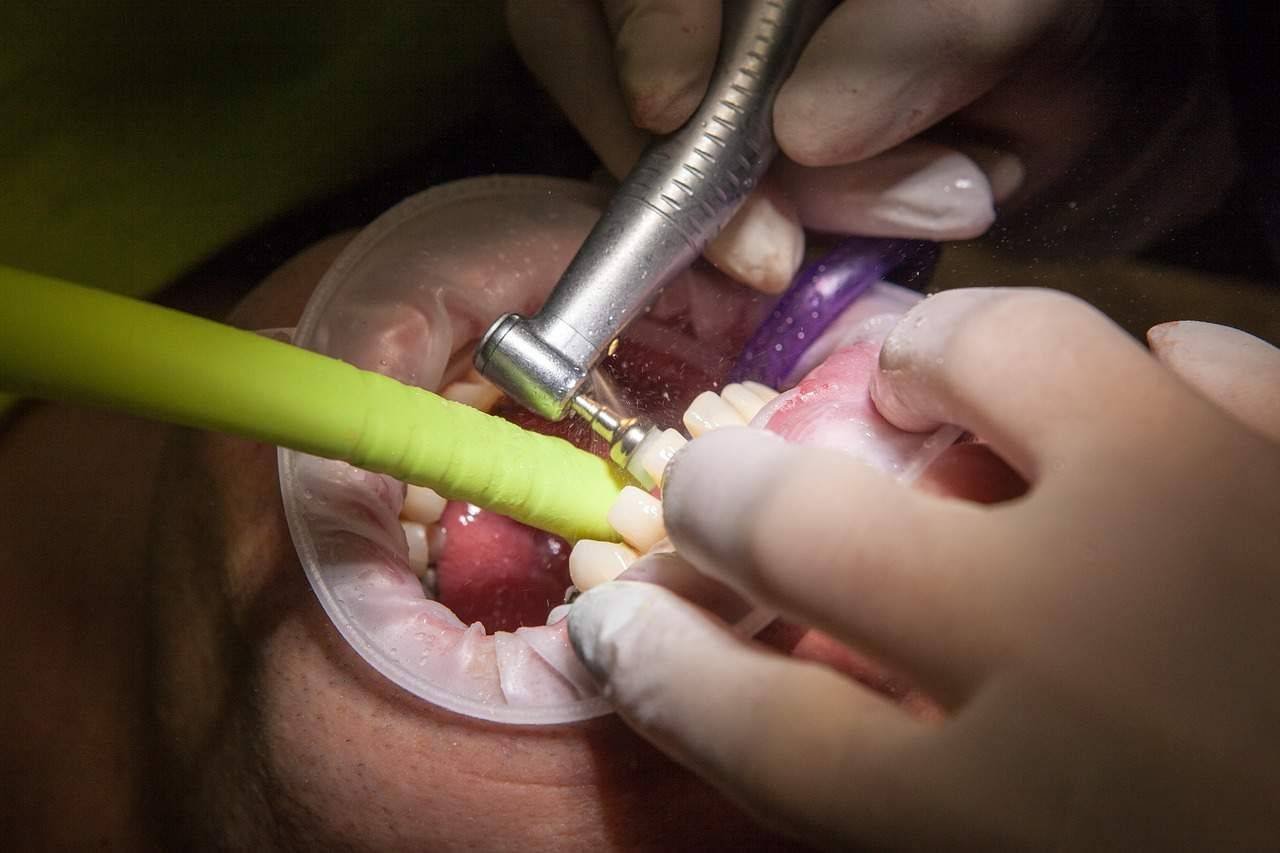If you are looking for replacement teeth to replace a missing tooth or several missing permanent teeth that feel, look, and function like natural teeth, dental implants are one viable option. In a dental implant procedure, the dentist or oral surgeon specializing in implant dentistry replace missing teeth by having artificial tooth roots inserted into your jawbone. Unlike dentures, these artificial teeth, called dental implants, bond with your jawbone, allowing the oral surgeon or dentist to pace replacement teeth, which are called crowns.
What is a Dental Implant Procedure?
The dental implant procedure is an outpatient surgical procedure involving several appointments. The entire procedure includes initial consultation, another appointment for dental implant placement, and dental implant surgery. There are different materials available for dental implants, such as titanium. The dental implants will fuse to your jawbone and gain the functions of natural tooth roots. The artificial tooth root will help the dentist secure the replacement tooth to make them stable and blend with the adjacent teeth.
The Purpose of Dental Implants
There are several options to replace missing teeth lost to gum tissue disease, injury, tooth decay, or infection, such as a removable denture and bridges. However, if you want permanent replacement teeth that approach the feel and function of regular teeth, dental implants are a viable option. Your dentist will present these options to you upon your visit, and they will check whether you have enough space in your bone in the area of the missing tooth to allow a procedure. Dental implant cost is higher than other options per tooth. However, it is the longest-lasting and convenient because having dental implants are more convenient.
However, you may have bone loss after losing your teeth for a long time. In that case, your dental implant treatment will require a bone graft.
Who Can’t Have Dental Implant Surgery?
Before considering dental implant replacement surgery, you must talk to your dentist about your medical history. People with serious diseases such as leukemia and diabetes are not good candidates for dental implant surgery because dental implant surgery and dental implant therapy may impede their healing process. Growing children won’t be good candidates either because their jaw growth and development are not yet complete. Smokers are not recommended to undergo dental implants procedure because smoking can slow the healing process.
Preparing for Dental Implants
Your dentist will perform a comprehensive examination to determine if the implant site can take on dental implants. They will take x-rays and discuss the plan for the dental implant surgery. Once they determine that you are a good candidate for dental implant surgery, they will schedule the surgery appointment for placing implants and the primary dental implant surgery. You may need to arrange for someone to drive you home if the dentist recommends an IV sedation during the procedure.
The Dental Implant Procedure Details
The dental implant procedure comes in three main phases. Though it is possible to have the implants placed and the crown replaced within a short time, most dental implants take months, with several steps done months apart to allow for the best dental implant treatment possible.
The first step is when your dentist places the implant. The dentist will cut over the gum’s soft tissue to reach the jawbone where the missing tooth is located to place the dental implant. Once placed, the dentist will close the gum tissue to allow healing and osseointegration. Osseointegration is the process that results in bone growth around the implant to make it stable enough to stay in place. The next step will take place in a few months.
The second step is when the dentist places a connecting piece called an abutment. These connecting pieces will hold the new tooth with an implant screw. Once your gums heal, the dentist will place your replacement tooth called the crown.
How to Prevent Implant Failure?
Like natural teeth, dental implants can be prone to periodontal disease. Practice good oral hygiene, such as brushing your teeth and flossing regularly. Regular dental visits are recommended to ensure proper care of your dental implants and the remaining natural teeth. After the dental implant surgery, expect some swelling, bruising, and pain. Bad dental implants are rare. You may need to take medication such as antibiotics to prevent infection and over-the-counter pain medication.
Takeaways: For the Best Dental Implants in Phoenix, Call Dr. Harman
Chew and smile with confidence, just like having natural teeth! Whether for small diameter implants or for a complete arch of teeth with just four dental implants, Dr. Harman Dental Care is a practitioner of this remarkable technique. If you are tired of removable dentures and placing glues regularly for removable replacement teeth, this procedure can solve your dental problems for the rest of your life. Not only is it long-lasting, but this procedure is also cost-effective in the long run. To know more about the ALL-On-4 Dental Implant Treatment in Phoenix, call us at (602) 840-5300.


